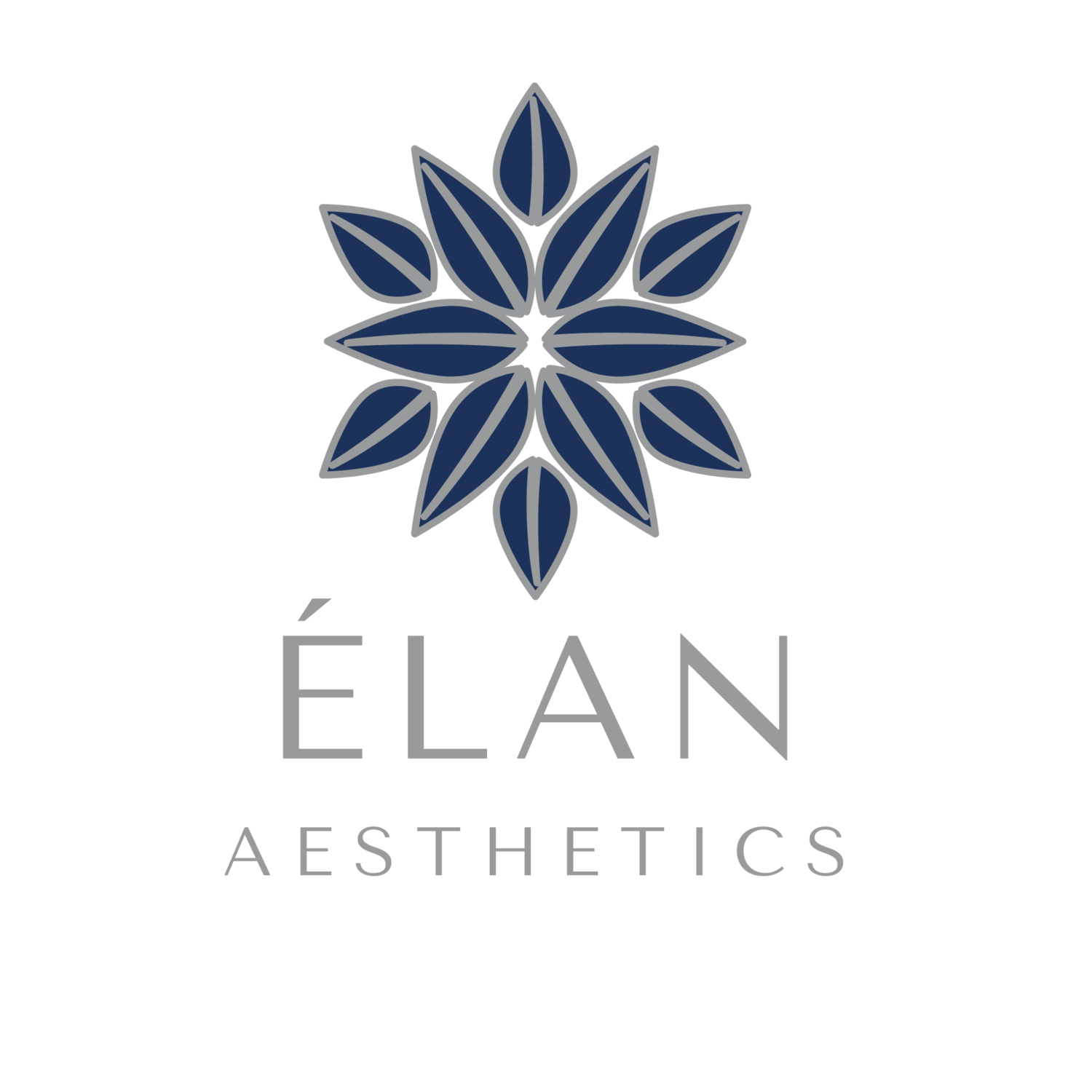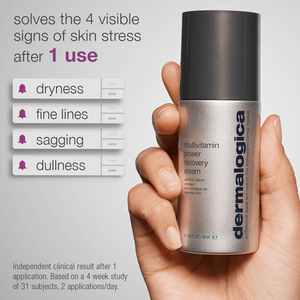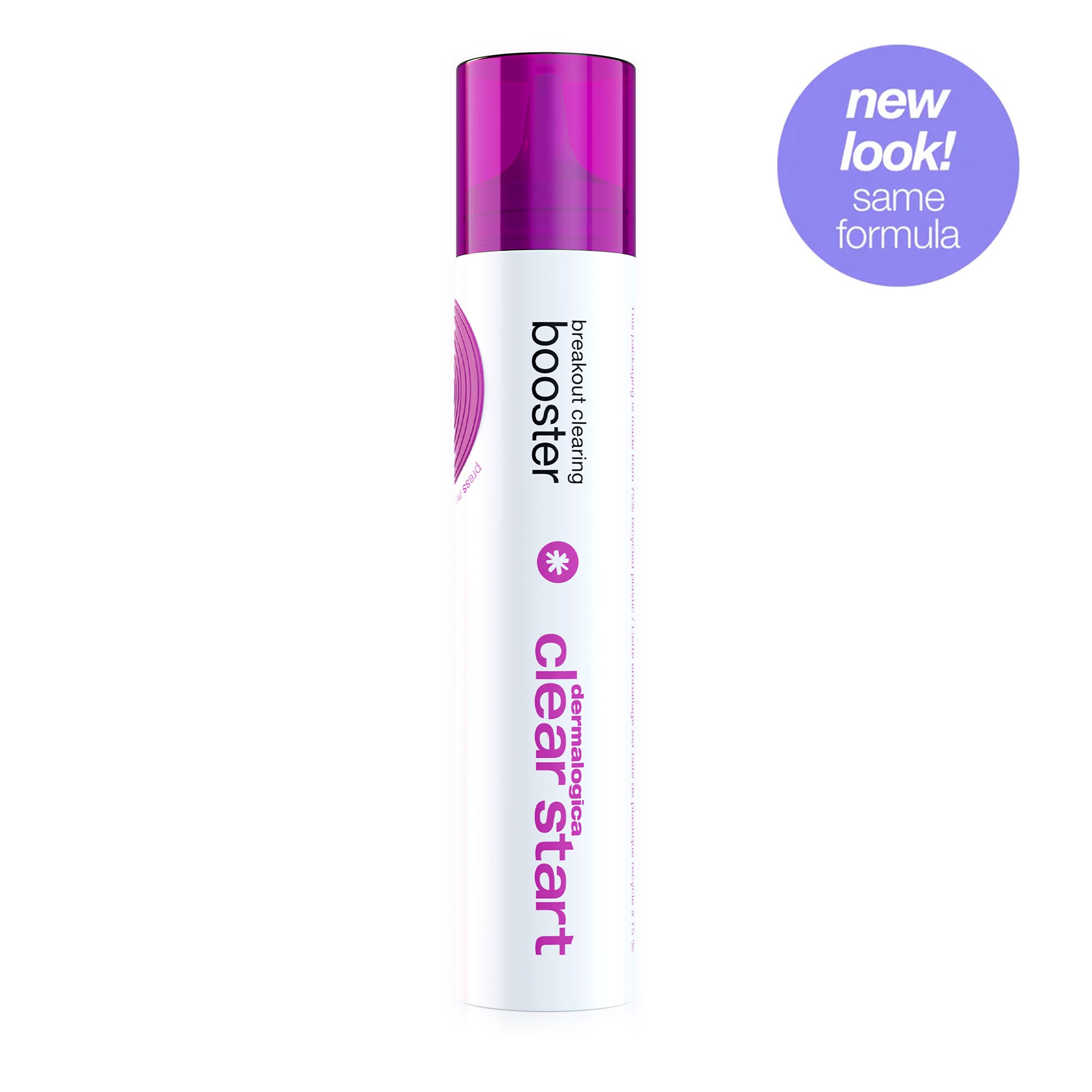Best Teen Acne Treatments: Clear Start to Pro Solutions
Dealing with acne as a teenager can be frustrating, but there are many effective treatments to help manage this common skin condition. We'll explore the best ways to manage teen acne and get clearer, healthier skin. Understanding what causes acne and using the right skincare routine can really help improve your skin and make you feel more confident.
Key Points for Teen Skincare
- Keep your skincare routine simple with just cleanser, moisturiser, and sunscreen
- Use gentle, non-foaming cleansers to avoid stripping natural oils
- Choose lightweight, oil-free moisturisers to prevent clogged pores
- Apply broad-spectrum sunscreen with at least SPF 30 daily
- Avoid harsh scrubs and exfoliants that can damage young skin
- Don't pick or pop spots as this can lead to scarring
- Seek help from a GP or dermatologist for persistent acne
- Be consistent with your skincare routine for best results
- Give treatments time to work, typically 6-8 weeks
- Address the emotional impact of acne through support and self-care
Understanding Teen Acne
Acne is very common during the teenage years, affecting up to 85% of teens. It's mostly caused by hormone changes that make your skin produce more oil, clog pores, and allow bacteria to grow. These hormone changes, especially an increase in androgens, make your oil glands produce more oil, which can block pores and cause acne. While acne is a normal part of being a teenager, it can make you feel less confident and even anxious about how you look.
It's important to know that acne isn't caused just by not washing your face or eating certain foods, although these things can make it worse. Your genes also play a part in whether you're likely to get acne. Acne can be mild (just a few pimples) or severe (lots of painful, deep pimples), and the type of acne you have can affect which treatments work best for you.
Building a Proper Skincare Routine
A good skincare routine is really important for managing acne. It helps keep your skin clean, balanced, and protected. Doing the same routine every day is key, as it can take a few weeks to see your skin get better. Here are the main steps to include in your daily routine:
- Wash your face gently twice a day: Use a mild cleanser that won't clog your pores. Look for ones with salicylic acid or benzoyl peroxide to help fight acne. Don't use harsh soaps or scrubs that can irritate your skin and make acne worse.
- Moisturize: Even if your skin is oily, you still need to moisturize. Choose a light, oil-free moisturizer to keep your skin balanced and stop it from making too much oil. Look for ingredients like hyaluronic acid or glycerin, which add moisture without clogging pores.
- Protect: Use a sunscreen with at least SPF 30 every day to prevent sun damage and dark spots. This is really important, especially when using acne treatments that can make your skin more sensitive to the sun. Choose sunscreens that are light and made for acne-prone skin.
- Treat: Use specific acne treatments like spot treatments or serums with ingredients like salicylic acid, benzoyl peroxide, or niacinamide. Put these on after washing your face but before moisturizing to make them work best.
Learn more about skincare routines that are made just for your skin type and problems. Having a routine that's right for you can really help manage teen acne better.
Over-the-Counter Acne Solutions
You can find many good acne treatments without a prescription, which makes them easy for teenagers to use. These products often have ingredients that target different parts of how acne forms. When choosing these products, it's important to read the labels carefully and start with lower strengths to avoid irritating your skin. Look for products with these key ingredients:
- Salicylic Acid: This helps unclog pores by removing dead skin cells inside the pore. It also reduces redness and swelling from acne. It's especially good for blackheads and whiteheads.
- Benzoyl Peroxide: This kills bacteria that cause acne and helps remove extra oil and dead skin cells. It comes in different strengths and can help with both red, inflamed acne and non-inflamed acne. Start with a lower strength (2.5%) to avoid drying out your skin too much.
- Niacinamide: Also called vitamin B3, this helps control oil production, reduces inflammation, and can even out skin tone. Most skin types can use it without problems, and it's especially good for sensitive or acne-prone skin.
- Alpha Hydroxy Acids (AHAs): Ingredients like glycolic acid and lactic acid remove dead skin cells from the surface, which helps unclog pores. They can also improve how your skin looks and feels, and reduce acne scars.
- Tea Tree Oil: This natural ingredient fights bacteria and can be a good option if you prefer plant-based treatments. Make sure to use tea tree oil products made for skincare, as pure tea tree oil can be too strong to put directly on your skin.
Spotlight on Clear Start by Dermalogica
Clear Start is a skincare line made just for teen skin. It's designed to help with acne without drying out your skin or making it irritated. The Clear Start line includes face washes, moisturizers, and treatments that work together to fight breakouts and help clear your skin.
Breakout Clearing Booster
The Breakout Clearing Booster is a really good product in the Clear Start line. It works fast to help with acne-prone skin. This treatment has a mix of ingredients that fight acne:
- Salicylic Acid: Gets into pores to clear up existing breakouts and stop new ones from forming.
- Niacinamide: Helps even out skin tone, reduce redness, and calm irritation from acne.
- Seaweed-derived Thalisphere: Helps control oil production to keep pores clear.
- Tea Tree Oil: Naturally fights bacteria that cause acne.
You can use this light treatment on just the spots where you have acne, or all over your face to prevent future breakouts. It's oil-free, so it's good for all skin types, even sensitive and oily skin.
Price: £25.00 for 30ml
Learn more about the Breakout Clearing Booster and how you can use it in your skincare routine to fight acne.
Professional Acne Treatments
For acne that doesn't get better with over-the-counter treatments, there are stronger treatments that professionals can do. These treatments are usually done by skin doctors or trained skincare experts and can really improve how clear and smooth your skin looks. Elana Aesthetics offers different acne treatments that are chosen based on what each person needs, including:
- Chemical Peels: These use special acids to remove dead skin cells, unclog pores, and help new skin cells grow. They can be made stronger or weaker depending on what your skin needs. They're really good for improving skin texture, reducing acne, and fading dark spots left by acne.
- LED Light Therapy: This treatment uses different colors of light to kill bacteria that cause acne and reduce swelling. Blue light is especially good at killing acne bacteria, while red light can help reduce swelling and help your skin heal. Often, these light treatments are used along with other treatments to get even better results.
- Microneedling: This treatment uses tiny needles to make very small holes in your skin, which helps your body make more collagen and improves how your skin looks overall. It's particularly helpful for treating acne scars and evening out skin tone. Sometimes, it's combined with putting special treatments on your skin to help them work even better.
- Laser Treatments: There are different types of laser treatments that can help with acne in various ways, from reducing swelling to stopping oil glands from making too much oil. Laser treatments can also help improve how acne scars look and reduce dark spots.
- Prescription Medications: Sometimes, a skin doctor might prescribe pills or creams to help with severe acne. These could be antibiotics, retinoids, or hormonal treatments, depending on what kind of acne you have and what your skin needs.
A skin doctor or skincare expert can help figure out the best treatment plan for your specific acne problems. They'll think about things like your skin type, how bad your acne is, and what treatments you've tried before. It's important to talk about possible side effects and what results you can expect before starting any professional treatment.
Lifestyle Factors in Acne Management
Besides skincare and treatments, certain habits can play a big role in managing acne. While these things alone might not cure acne, they can help keep your skin healthy and possibly reduce how often and how bad your breakouts are:
- Diet: While we don't fully understand how diet affects acne, some studies suggest that eating foods that don't cause big spikes in blood sugar might help reduce acne. This means eating more whole foods, fruits, vegetables, and lean proteins, and less sugary and processed foods. Some people find that dairy products make their acne worse, but this can be different for everyone. Keeping a food diary can help you figure out if certain foods trigger your acne.
- Stress Management: High stress can make acne worse by causing hormone changes and inflammation in your body. Try relaxation techniques like deep breathing, meditation, or yoga to help manage stress. Regular exercise can also help reduce stress and is good for your overall health.
- Exercise: Regular physical activity can help balance your hormones, improve blood flow, and reduce stress. However, it's important to practice good hygiene when exercising to prevent acne flare-ups. Always wash your face after sweating, avoid wearing tight clothes that don't let your skin breathe during workouts, and try not to touch your face with sweaty hands or equipment.
- Sleep: Getting enough sleep is really important for healthy skin and overall well-being. Try to get 7-9 hours of good sleep each night. Not getting enough sleep can lead to more stress hormones and inflammation, which might make acne worse.
- Hydration: Drinking plenty of water helps flush toxins from your body and keeps your skin hydrated from the inside out. While drinking water alone won't cure acne, it supports overall skin health and can help make your pores look smaller.
- Avoid Touching Your Face: Touching your face a lot can transfer bacteria and oils from your hands to your face, which might lead to more breakouts. Try to be aware of this habit and avoid resting your face on your hands or picking at pimples.
Addressing the Emotional Impact of Acne
It's important to remember that acne is common and treatable. However, it can still really affect how you feel about yourself, especially as a teenager. The emotional effects of acne shouldn't be ignored, as they can lead to feeling anxious in social situations, feeling down, and having less confidence.
If you're struggling with how acne makes you feel, try these strategies:
- Talk to a trusted adult, counselor, or doctor about your feelings. They can offer support and might suggest other resources or treatments.
- Join support groups or online communities for teens dealing with acne. Sharing experiences with others who understand can be really helpful and make you feel less alone.
- Practice self-care and focus on activities that make you feel good about yourself, regardless of how your skin looks.
- Remember that acne is temporary and treatable. With the right care and patience, your skin will get better.
- Consider talking to a mental health professional if acne is really affecting your daily life or how you feel about yourself.
Building a positive self-image that isn't just based on how you look is really important. While you're working on improving your skin, also focus on developing other parts of yourself, like hobbies, skills, and relationships.
When to Seek Professional Help
While many cases of teen acne can be managed with over-the-counter treatments and good skincare habits, sometimes you need professional help. Knowing when to ask for expert advice can prevent long-term skin damage and help with more severe forms of acne. Consider seeing a dermatologist if:
- Your acne is severe or leaving scars. Deep, painful acne or nodules that don't get better with over-the-counter treatments might need prescription medications or in-office procedures.
- Over-the-counter treatments haven't helped after using them consistently for 6-8 weeks. This could mean you need a stronger or different type of treatment.
- Your acne is really affecting how you feel about yourself or your daily life. A dermatologist can offer stronger treatment options and help with the emotional aspects of dealing with acne.
- You're getting sudden, severe acne breakouts. This could be a sign of a health problem that needs to be addressed.
- You have acne in unusual places, like your chest, back, or arms. This type of acne often needs different treatments than face acne.
- You're developing dark spots or scars after acne heals. Getting help early can prevent long-term changes in skin color and scarring.
Book a consultation with Elana Aesthetics to talk about personalized acne treatment options. A professional assessment can give you valuable insights into what your skin specifically needs and the most effective treatment strategies for your individual case.
Conclusion: A Holistic Approach to Teen Acne
Managing teen acne takes patience, consistency, and a multi-faceted approach. By combining proper skincare, targeted treatments, and healthy lifestyle habits, most teens can achieve clearer, healthier skin. Remember that everyone's skin is different, so what works for one person may not work for another. Don't be afraid to try different products and treatments to find what works best for you, always giving new routines enough time to show results before making changes.
Key points to remember in your acne management journey:
- Consistency is crucial. Stick to your skincare routine and give treatments time to work.
- Be gentle with your skin. Harsh treatments can often do more harm than good.
- Address both the physical and emotional aspects of acne. Your mental well-being is just as important as your skin's health.
- Don't hesitate to seek professional help if over-the-counter treatments aren't providing the results you desire.
- Stay informed about new treatments and skincare innovations, but always consult with a professional before trying anything drastic.
If you're struggling with acne, know that you're not alone, and there are effective solutions available. With the right care, support, and persistence, you can manage your acne and feel confident in your skin. Remember, clear skin is a journey, not a destination, and every step you take towards better skin health is a step in the right direction.



